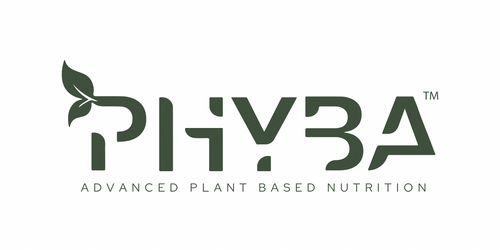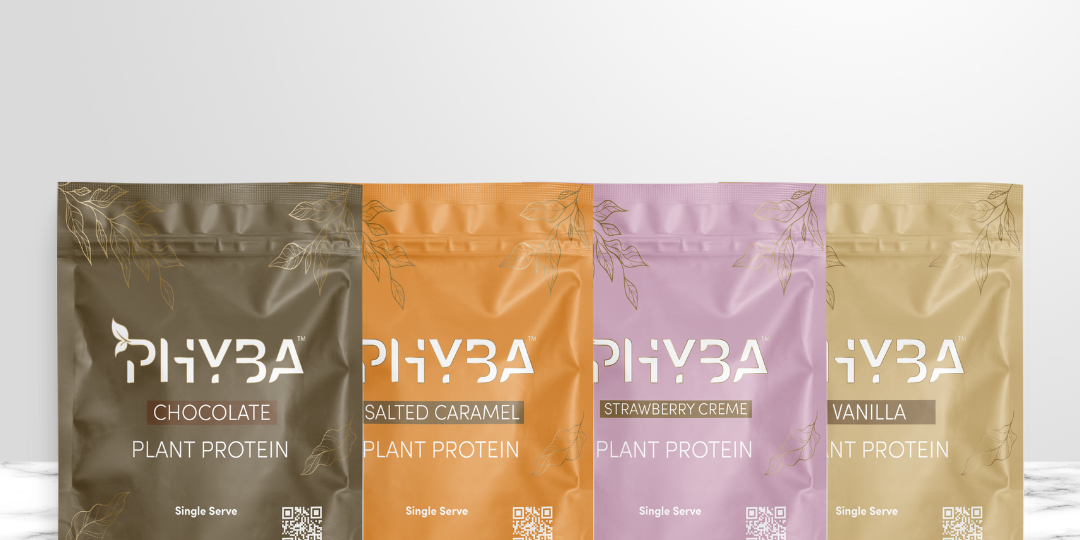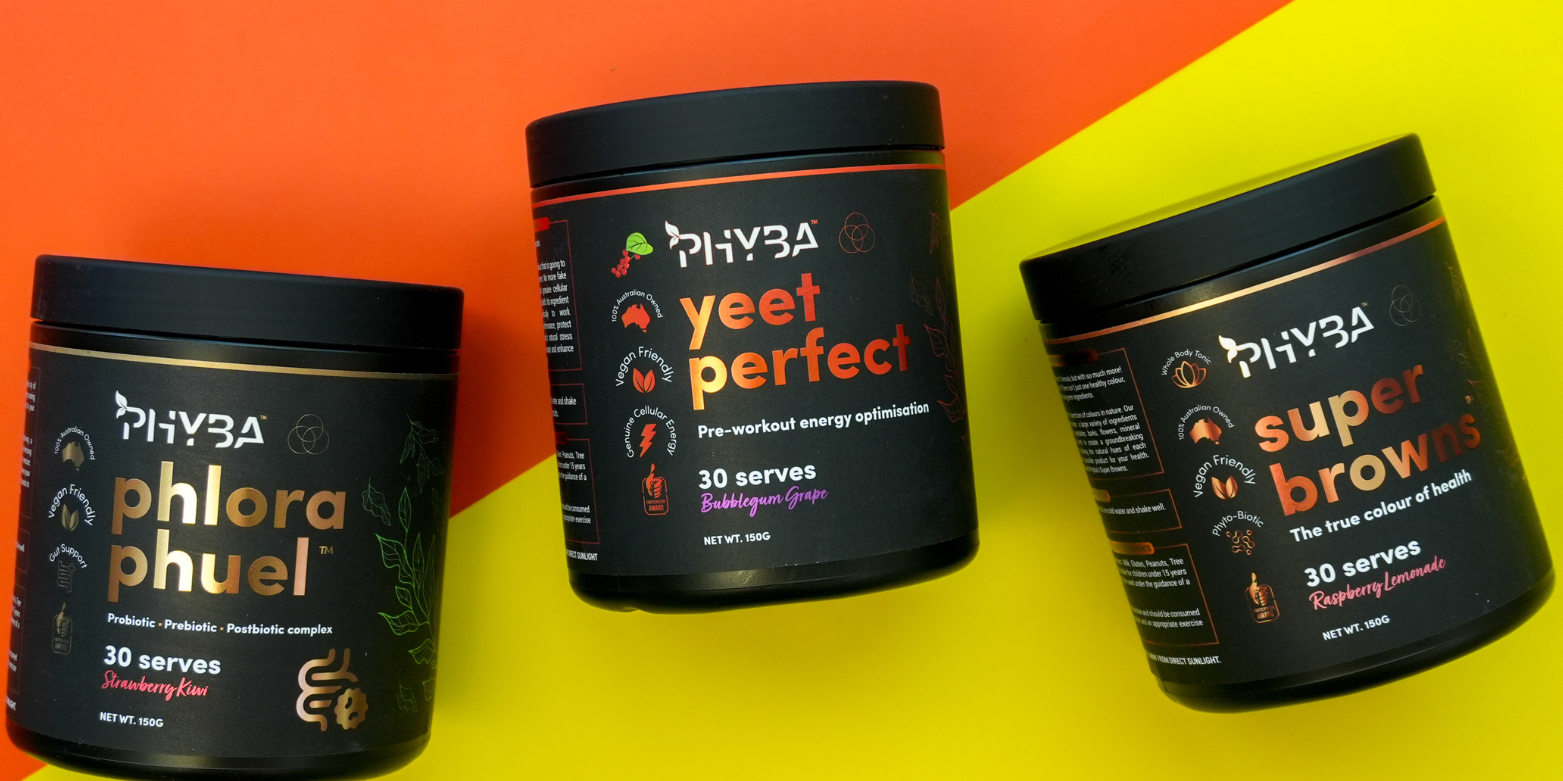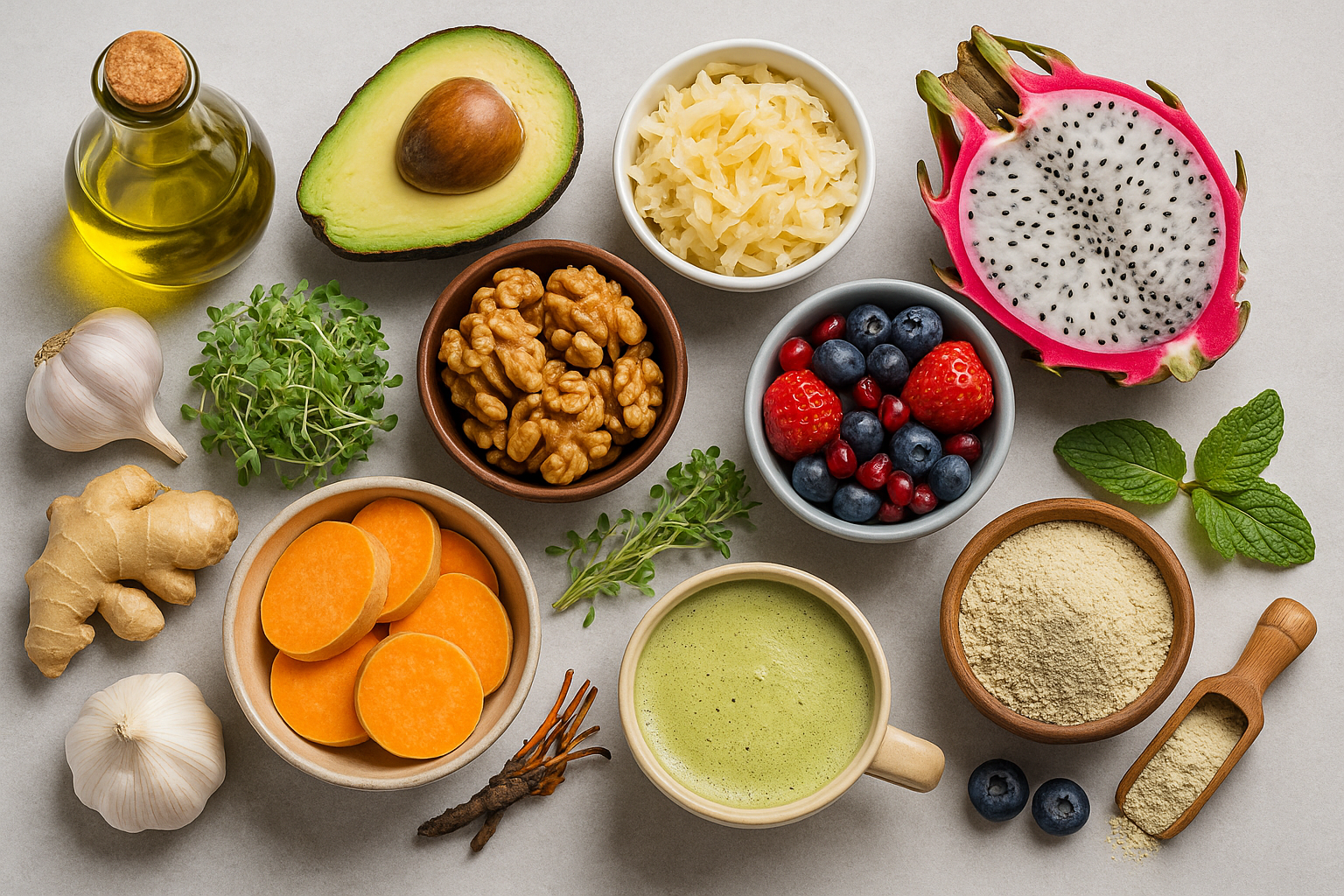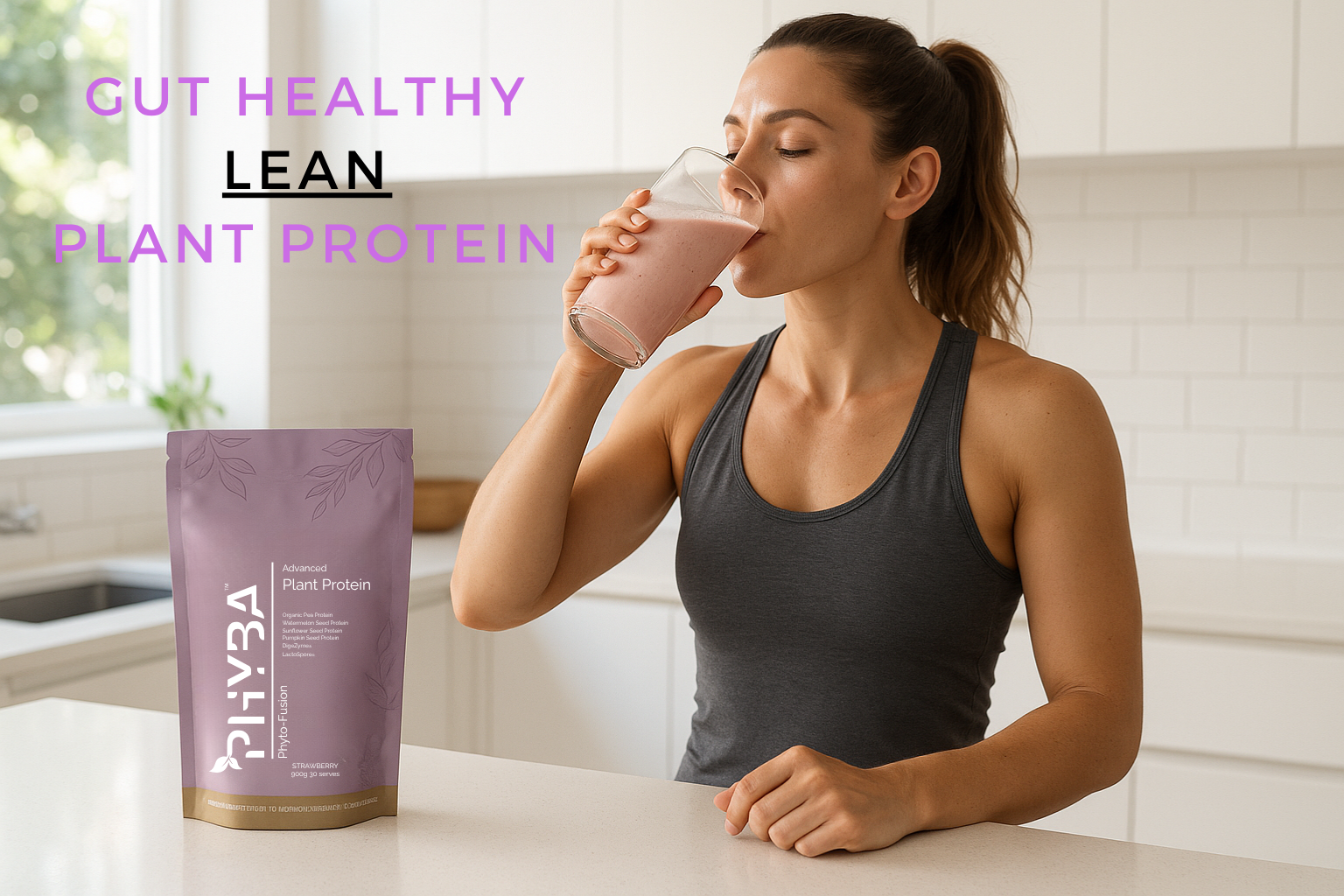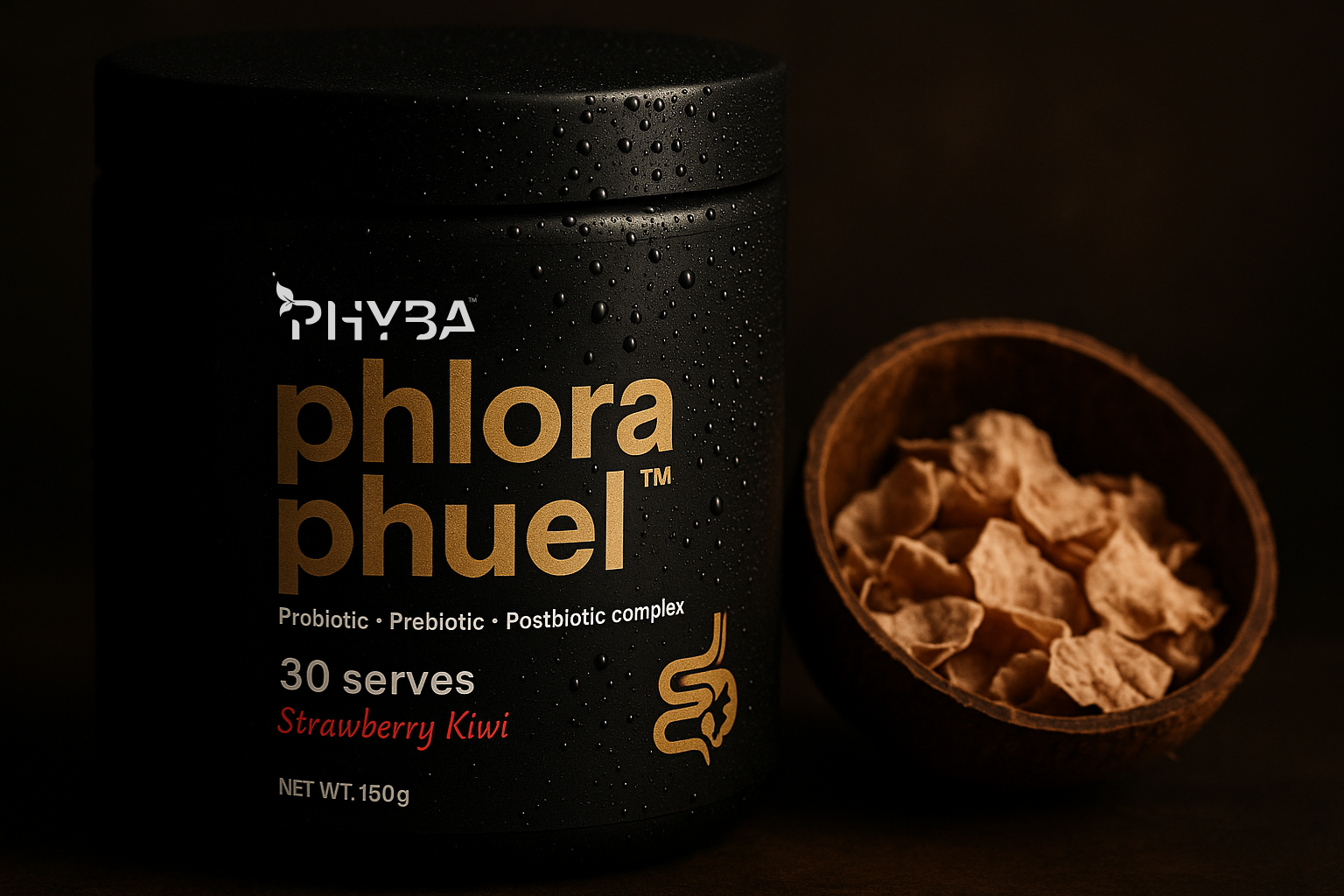A nutrient-rich diet can be a game-changer for longevity, cellular health, athletic performance, and recovery. Below we explore several superstar foods and ingredients – from everyday olive oil to exotic dragonfruit – and the science behind their benefits.
Olive Oil: Liquid Gold for Cellular Health
Extra-virgin olive oil is a cornerstone of longevity diets. It’s packed with heart-healthy oleic acid and polyphenols like oleocanthal, which have anti-inflammatory effects similar to ibuprofen. In fact, people consuming high-polyphenol olive oil (as in the Mediterranean diet) have been observed to live nearly a decade longer past age 65 than those who don’t. Olive oil’s antioxidants help protect cells from oxidative damage and even activate pathways like autophagy (cellular cleanup), supporting healthy aging and recovery. Use it to dress salads or drizzle on dinner bowls for flavor and longevity benefits.
Cordyceps: Nature’s Endurance Booster
Cordyceps is an adaptogenic mushroom treasured in traditional medicine for vitality. Modern science shows it can enhance the body’s energy production at a cellular level. Cordyceps compounds boost adenosine triphosphate (ATP) – the energy currency of our cells – by up to ~30%, likely by improving mitochondrial efficiency. This translates into better stamina and reduced fatigue. Cordyceps also contains antioxidants that help neutralize exercise-induced ROS (reactive oxygen species), and it enables more efficient oxygen utilization during workouts. Toss cordyceps powder or pieces into soups or stir-fries as a functional ingredient for endurance and performance.
Walnuts: Omega-3 and Polyphenol Powerhouse
Walnuts are often called “brain food,” but their benefits go head-to-toe. They deliver plant-based omega-3 fatty acids (ALA) and boast the highest phenolic antioxidant content among commonly eaten nuts pmc.ncbi.nlm.nih.gov. This mix of healthy fats and polyphenols makes walnuts potent anti-inflammatory morsels. ALA from walnuts can help lower inflammation by downregulating iNOS (an enzyme that produces inflammatory nitric oxide) and inflammatory cytokines pmc.ncbi.nlm.nih.gov. In practical terms, a handful of walnuts in your breakfast oats or as a snack may support heart health, sharpen cognition, and aid muscle recovery by reducing oxidative stress.
Sauerkraut: Fermented Fuel for a Healthy Gut
Tangy sauerkraut isn’t just a condiment – it’s a probiotic treasure. Fermenting cabbage produces beneficial metabolites like lactic acid and amino acids that aren’t present in raw cabbage ucdavis.edu. These compounds, along with live Lactobacillus bacteria, help fortify your gut lining and crowd out harmful microbes. Research from UC Davis found that a small daily serving of sauerkraut can protect intestinal cells and lower inflammation over time ucdavis.edu. A resilient gut means better nutrient absorption, immunity, and even mood. Try adding sauerkraut to your mid-morning grain bowl or alongside lunch for a savory gut-health boost.
Avocado: Nutrient-Dense Creamy Superfruit
Few foods are as celebrated as the avocado. This creamy fruit is rich in monounsaturated fat (oleic acid), which actively combats inflammation and supports heart health enhancedvision.com. Avocado’s benefits don’t stop at healthy fats – it’s also bursting with micronutrients and antioxidants. In fact, avocados rank number one among fruits for vitamin E, lutein, and glutathione content enhancedvision.com. Vitamin E and lutein support eye and skin health, while glutathione is a master antioxidant for cellular defense. With ample potassium and magnesium as well, avocados help replenish electrolytes. Blend avocado into a post-dinner chocolate mousse or add it to smoothies to nourish your body and cells.
Broccoli Sprouts: Tiny Greens with Huge Benefits
Sprouts are young plants at their nutritional peak. Broccoli sprouts in particular are prized for sulforaphane, a sulfur-rich compound with powerful health effects. Sulforaphane content in broccoli sprouts is 100–400 times higher than in mature broccol iinsidetracker.com. Why is that exciting? Sulforaphane activates the NRF2 pathway in our cells – a genetic switch that turns on over 200 protective genes related to antioxidant production and detoxification insidetracker.com. By flipping this switch, sprouts help our cells neutralize toxins and oxidative stress, potentially reducing inflammation and even cancer risk. For athletes, this means less oxidative damage after training and better cellular repair. Top your lunch and dinner with a handful of crunchy sprouts to get these longevity benefits.
Berries and Pomegranate: Polyphenol-Rich Recovery Aids
Colorful berries (blueberries, strawberries, etc.) and pomegranate seeds are loaded with polyphenols that promote longevity and performance. Berries owe their deep reds and blues to anthocyanins, antioxidants that help mop up free radicals produced during exercise. Studies suggest eating anthocyanin-rich fruit can speed up recovery by reducing muscle soreness and inflammation aprifel.com. Pomegranate, on the other hand, contains unique ellagitannin compounds (like punicalagins) that our gut bacteria convert into urolithin A – a molecule shown to improve mitochondrial function and muscle endurance. Pomegranate is also rich in natural nitrates, which boost nitric oxide (NO) for better blood flow and oxygen delivery to muscles researchgate.net. This double whammy (improved mitochondria and circulation) enhances both performance and recovery. Sprinkle mixed berries on your breakfast and enjoy pomegranate in a smoothie or snack to harness their cell-protective, anti-inflammatory powers mdpi.com.
Matcha Green Tea: Antioxidant Elixir for Focus and Recovery
Sipping a matcha latte post-workout isn’t just trendy – it’s smart. Green tea (especially the concentrated matcha form) is packed with catechin polyphenols, notably EGCG (epigallocatechin gallate). EGCG is a potent antioxidant and anti-inflammatory agent sciencedirect.com, known to support metabolic and cardiovascular health. For athletes, green tea can expedite recovery: research indicates it reduces exercise-induced muscle damage and inflammation, helping muscles rebound faster stylist.co.uk. Additionally, matcha contains a gentle dose of caffeine plus L-theanine, an amino acid that promotes calm, focused energy. This combination can improve alertness and mental clarity without the jitters – great for a focused training session or a productive workday after exercise. Consider making a matcha protein latte (perhaps with a scoop of plant protein) as a revitalizing, polyphenol-packed pick-me-up.
Sweet Potatoes: Complex Carbs for Energy and Resilience
Athletes and longevity enthusiasts alike love sweet potatoes. These vibrant tubers are rich in complex carbohydrates and fiber, providing a slow, steady release of energy to fuel your day or workout spartan.com. Unlike high-glycemic carbs, sweet potatoes won’t spike blood sugar; they keep you energized over the long haul. They also come loaded with electrolytes – a medium sweet potato provides ample potassium and magnesium, minerals that help prevent muscle cramps and support hydration during exercise spartan.com. Perhaps most impressive are sweet potatoes’ antioxidants: the orange flesh signifies high beta-carotene (a precursor to vitamin A) and they also supply vitamin C spartan.com. These nutrients bolster your immune system and protect cells from oxidative stress (endurance athletes, who generate lots of free radicals, take note!). Bake or boil sweet potatoes as a base for lunch and enjoy stable energy along with a wealth of micronutrients.
Garlic & Ginger: Spices that Fight Inflammation and Boost Immunity
Don’t underestimate the power of your spice rack. Garlic and ginger, common in many recipes, are two of the most potent functional foods. Garlic contains allicin (formed when you crush a clove), which has antimicrobial properties and has been shown to stimulate the production of nitric oxide, helping to relax blood vessels businessinsider.com. This means garlic can improve circulation and lower blood pressure, benefitting cardiovascular health and exercise endurance. Allicin also gives garlic immune-boosting prowess, helping ward off illness. Ginger is another hero – it contains gingerol, a bioactive compound with strong anti-inflammatory and antioxidant effects healthline.com. If you’ve ever had ginger for an upset stomach, you know it aids digestion; it can speed up gastric emptying and reduce bloating, ensuring you feel comfortable while training. Notably, studies find that daily ginger supplementation can reduce muscle pain and sorenessafter intense physical activity pmc.ncbi.nlm.nih.gov, thanks to ginger’s inflammation-calming effects. Together, garlic and ginger can spice up your meals and deliver significant benefits for recovery, immunity, and overall inflammation control sciencedirect.com.
Dragonfruit: Exotic Antioxidants and Prebiotics
Also known as pitaya, dragonfruit is a tropical treat with serious health benefits. Its striking pink or yellow exterior and speckled flesh are rich in vitamins, minerals, and fiber. Dragonfruit is especially high in vitamin C and carotenoids, which act as antioxidants to neutralize free radicals and reduce inflammation healthline.com. This supports everything from skin health to muscle recovery. Uniquely, dragonfruit also contains prebiotic fibers – essentially food for the beneficial bacteria in your gut healthline.com. A healthier gut microbiome means better digestion, nutrient absorption, and even improved immune defense. For someone focused on longevity and performance, that translates to more efficient fuel uptake and less systemic inflammation. Enjoy dragonfruit in a morning smoothie or as a refreshing snack to boost your vitamin C and feed your gut at the same time.
Phyba Plant Protein Blend: Complete Protein + Gut Support
For those seeking plant-based performance nutrition, Phyba’s protein blend combines multiple ingredients to support muscle building, recovery, and digestion. This innovative mix includes:
-
Pea Protein – a high-BCAA (branched-chain amino acid) plant protein that rivals whey in its ability to stimulate muscle protein synthesis. Pea protein is rich in leucine, isoleucine, and valine, the key amino acids for repairing and building muscle fibers pmc.ncbi.nlm.nih.gov. It’s also high in arginine, which aids blood flow and nutrient delivery to muscles.
-
Pumpkin, Watermelon, & Sunflower Seed Proteins – nutrient-dense seed proteins that broaden the amino acid profile and add micronutrient bonuses. Pumpkin and sunflower seeds provide magnesium and zinc in abundance healthline.com, supporting muscle function, hormone balance, and immune health. Sunflower seeds are also loaded with vitamin E and healthy fats nuts.com, offering antioxidant and anti-inflammatory benefits. Meanwhile, watermelon seed protein is exceptionally high in arginine, which boosts nitric oxide production for better circulation pubs.rsc.org and cardiovascular support. Together, these seed proteins make the blend complete and highly nourishing.
-
Coconut MCTs – the blend includes coconut oil powder, providing medium-chain triglycerides. MCTs are fats that digest rapidly and convert into ketones, delivering quick energy for your brain and muscles klkoleo.com. This can enhance endurance and focus, especially during intense training, without the crash of sugars.
-
DigeZyme® Enzymes – to ensure you reap all these nutrients, Phyba adds a digestive enzyme complex. DigeZyme helps break down proteins into amino acids more efficiently wellbeingnutrition.com, as well as aiding the digestion of carbs and fats. The result is improved nutrient absorption, less bloating, and quicker delivery of amino acids to muscles for recovery. No more post-shake indigestion – your body gets fuel without the gastrointestinal stress.
-
LactoSpore® Probiotic – this is a spore-forming probiotic (Bacillus coagulans) that survives harsh stomach conditions to support your gut. A healthy gut microbiome is crucial for athletes, and studies on B. coagulans show it can reduce exercise-induced muscle damage and soreness, helping maintain performance after hard workouts supplements.selfdecode.com. It also supports immune function and regular digestion. Including this probiotic means the protein blend not only feeds your muscles but also takes care of your gut – a holistic approach to recovery.
-
Stevia & Natural Aroma Extracts – lastly, Phyba uses natural plant-based sweetener and flavor oils to make their shakes tasty without added sugar. Stevia contributes sweetness with zero impact on blood glucose or insulin; it even has antioxidant properties and may improve glucose tolerance healthline.com. Natural aroma extracts (from real foods like vanilla or cocoa) provide flavor with no artificial chemicals. This means you can enjoy your post-workout matcha latte or protein smoothie guilt-free, with no spiking blood sugar and no synthetic additives.
Bottom Line: Each of these foods – whether it’s a daily staple like olive oil and sweet potato or a specialty ingredient in a protein blend – plays a unique role in promoting longevity and peak performance. They work synergistically to reduce inflammation, fortify our cells and microbiome, boost circulation and energy, and help our bodies recover and adapt. By intentionally adding these nutrient-dense ingredients into your meals (think: berries and walnuts at breakfast, sauerkraut and sprouts at lunch, garlicky greens with dinner drizzled in olive oil, and a soothing matcha with Phyba protein post-workout), you’ll be fueling your body with the building blocks for long-term wellness and athletic excellence. Embrace the power of food as medicine – your future self will thank you!
